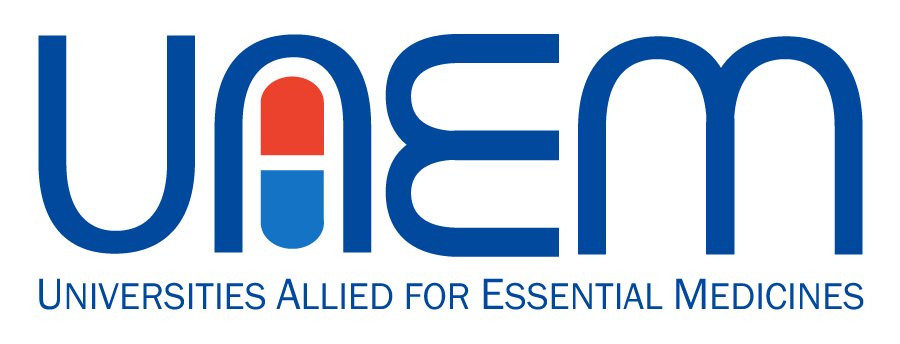FDA Fails to Substantively Respond to Clinical Trial Reporting Crisis and UAEM Citizen Petition
For Immediate Release
Contact: info@uaem.org
August 25, 2023 - Washington, DC - Yesterday, the FDA provided a non-substantive letter in response to the citizen petition filed by Universities Allied for Essential Medicines (UAEM). On February 27th, 2023, UAEM filed a formal citizen petition to the FDA with support from Columbia Law School’s Science, Health, and Information Clinic (SHIC). The petition calls upon the FDA to take specific actions to address the thousands of clinical trial results that remain missing from the federal database to make them available to physicians, researchers, and patients.
Over the past 16 years, the FDA has consistently failed to meet their federal obligations outlined in the FDA Amendments Act (FDAAA of 2007). Congress holds the FDA responsible for ensuring clinical trial sponsors report results within a set timeframe to ClinicalTrials.gov. These clinical trial results are essential to ensure drug efficacy and patient safety. By failing to enforce the law, the FDA has lost over $46 billion in uncollected fines as a result of overdue results reporting. The FDA’s delayed response to UAEM’s citizen petition is an indication that the agency still is not prioritizing this oversight.
Megan Curtin, UAEM’s Clinical Trial Transparency campaign lead, shares, “The response from the FDA is disappointing. We asked for the agency to prioritize clinical trial transparency for the sake of patient health and safety, and the agency has chosen to further delay enforcement of the law. The FDA should make an effective commitment to timely results reporting by enacting the recommendations in our citizen petition.”
UAEM’s petition recommends the following actions for expanding FDA enforcement:
Increased issuance of annual pre-notices will inform trial sponsors of reporting failures. The FDA shared that between 2007 and 2023 the agency only sent 92 pre-notices to trial sponsors, despite there being thousands of noncompliant trials.
FDA resources should be directed towards an effective and prioritized oversight model. Clinical trials posing greater risk to human life or which lack therapeutic alternatives should be addressed prior to other trials.
Pre-notices sent to trial sponsors should be made available through a public dashboard. While the FDA publicizes notices of noncompliance, there are only a handful sent each year to trial sponsors. As a result, notices of noncompliance are an inadequate measure of FDA enforcement within the scope of the over 4,000 trials noncompliant with results reporting law. This initiative will increase transparency for public health justice entities to evaluate FDA regulation.
According to FDA rulemaking, the agency had a period of 180 days to respond to the citizen petition filed in February. Instead, the agency chose to delay its response, citing that it "will require additional time to issue its final response to your petition because of the complexity of issues raised.”
UAEM will remain dedicated to safeguarding patient health and access to information while we await a more final response.
###
